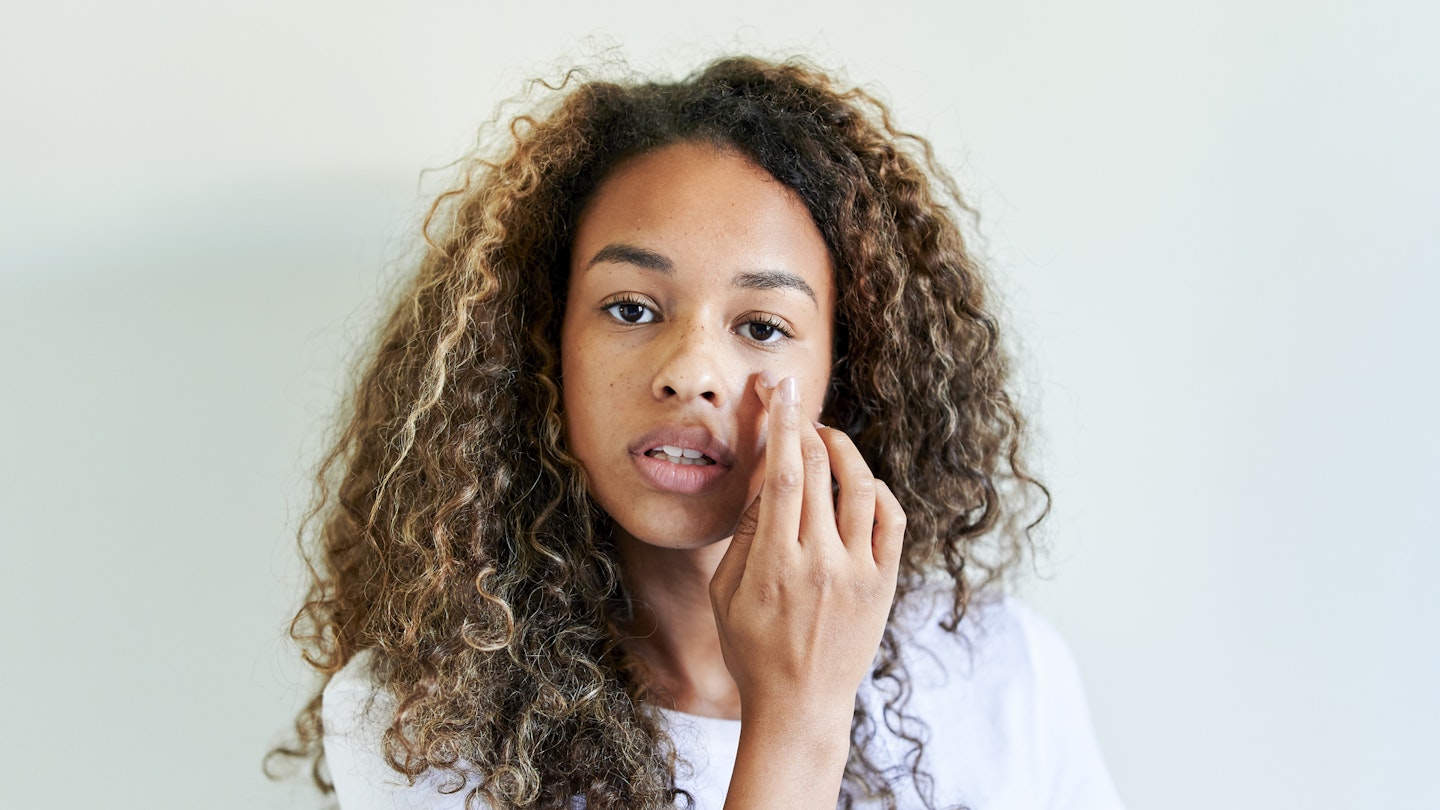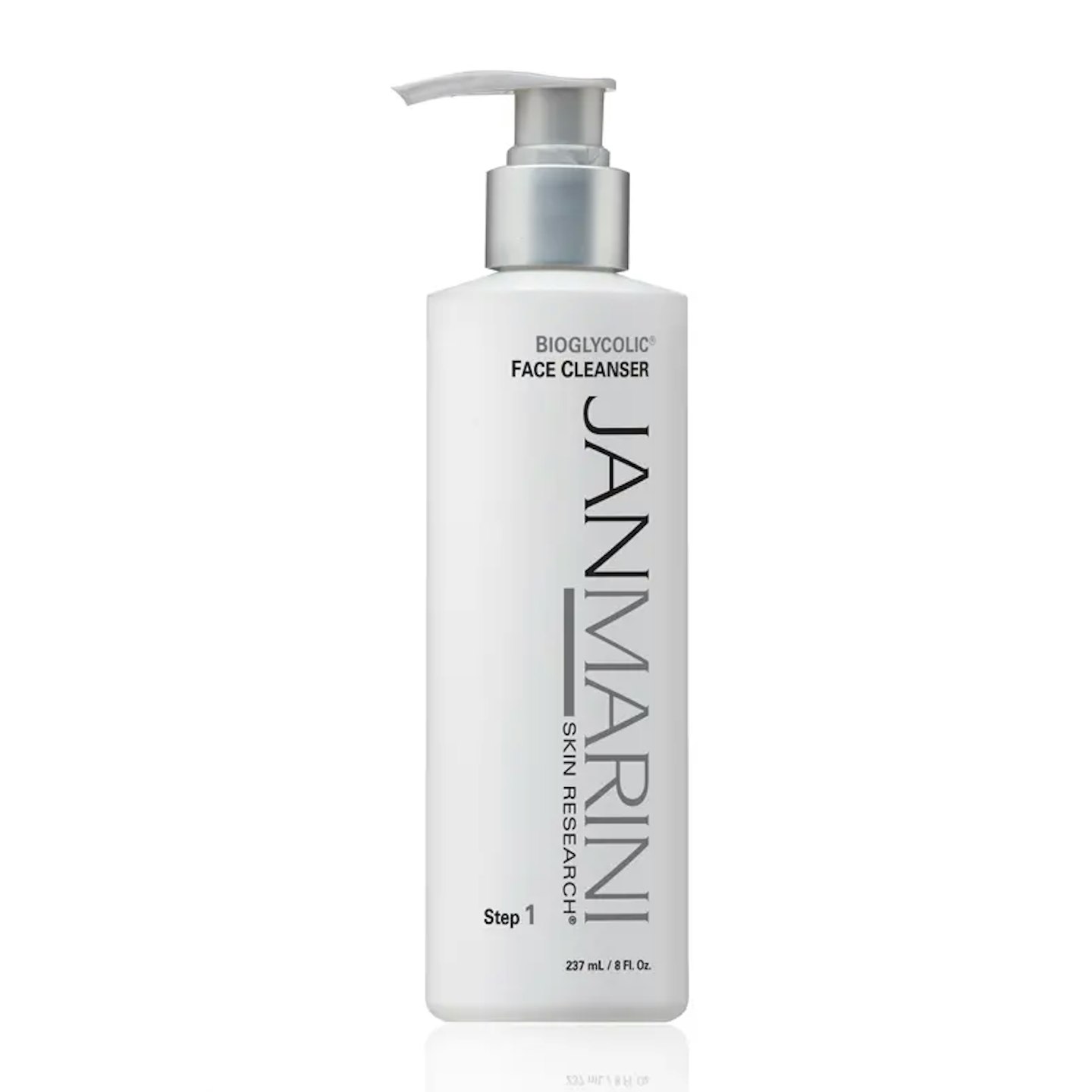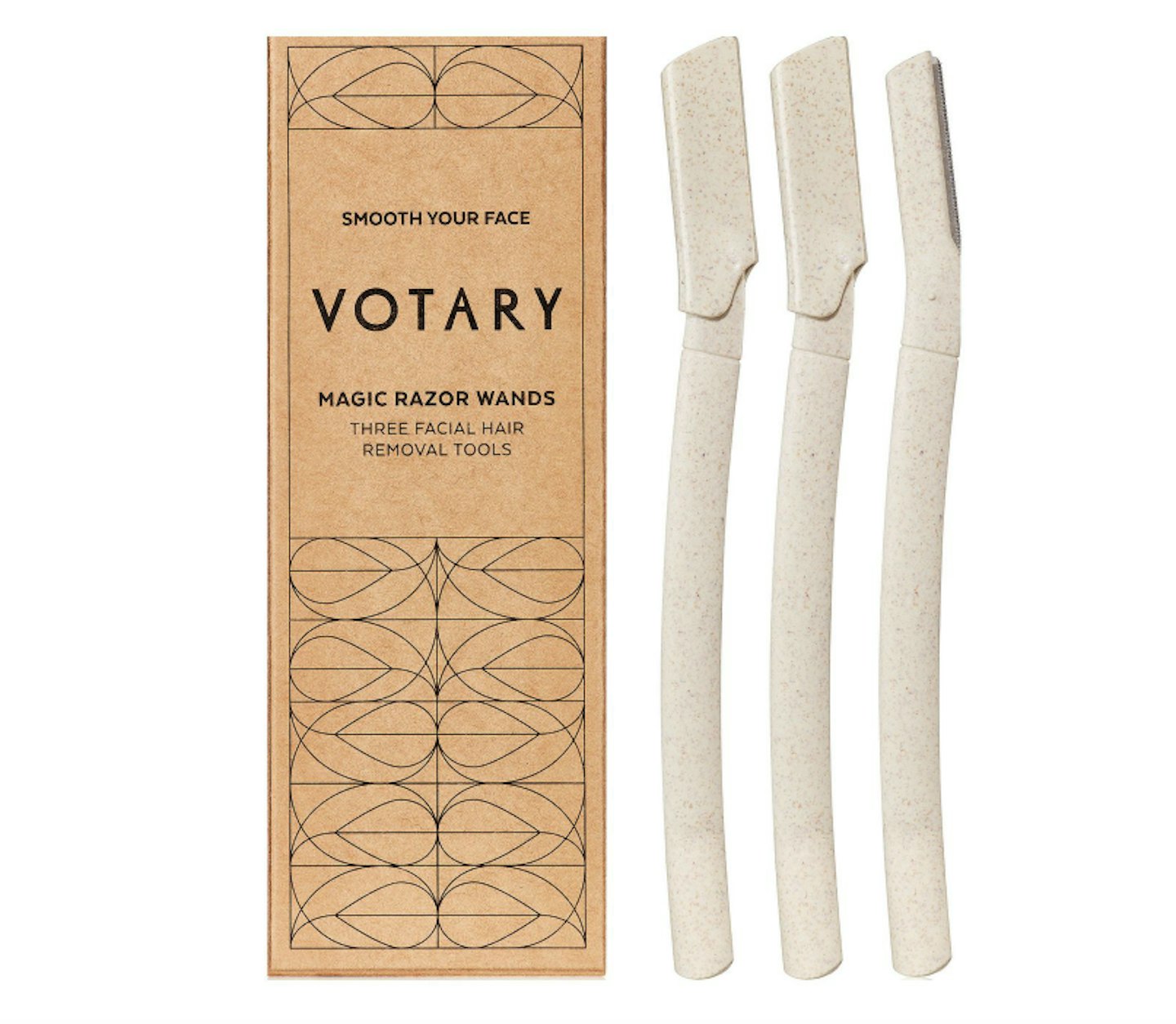The world of skincare can be a minefield, with new ingredients, viral treatments and must-have beauty products cropping up almost daily. So it's no real surprise that millions of people take to Google every day to debunk their skincare queries. But, can you always believe what Google tells you? When it comes to skincare, we believe that the real answers lie with the experts, but not everyone has a dermatologist on speed-dial. Which is where we can help. We put your most common skincare questions to Consultant Dermatologists Dr Anjali Mahto and Dr Ifeoma Ejikeme. Whatever your skincare query, they'll likely have the answer below…
"What Is The Best Skincare Line?"
'Obviously the answer to this question is very subjective, but brands I like include: Medik8, Paula’s Choice, Murad, Skinceuticals, Cerave and The Ordinary,' says Dr Mahto.
Dermatologist-Approved Skincare
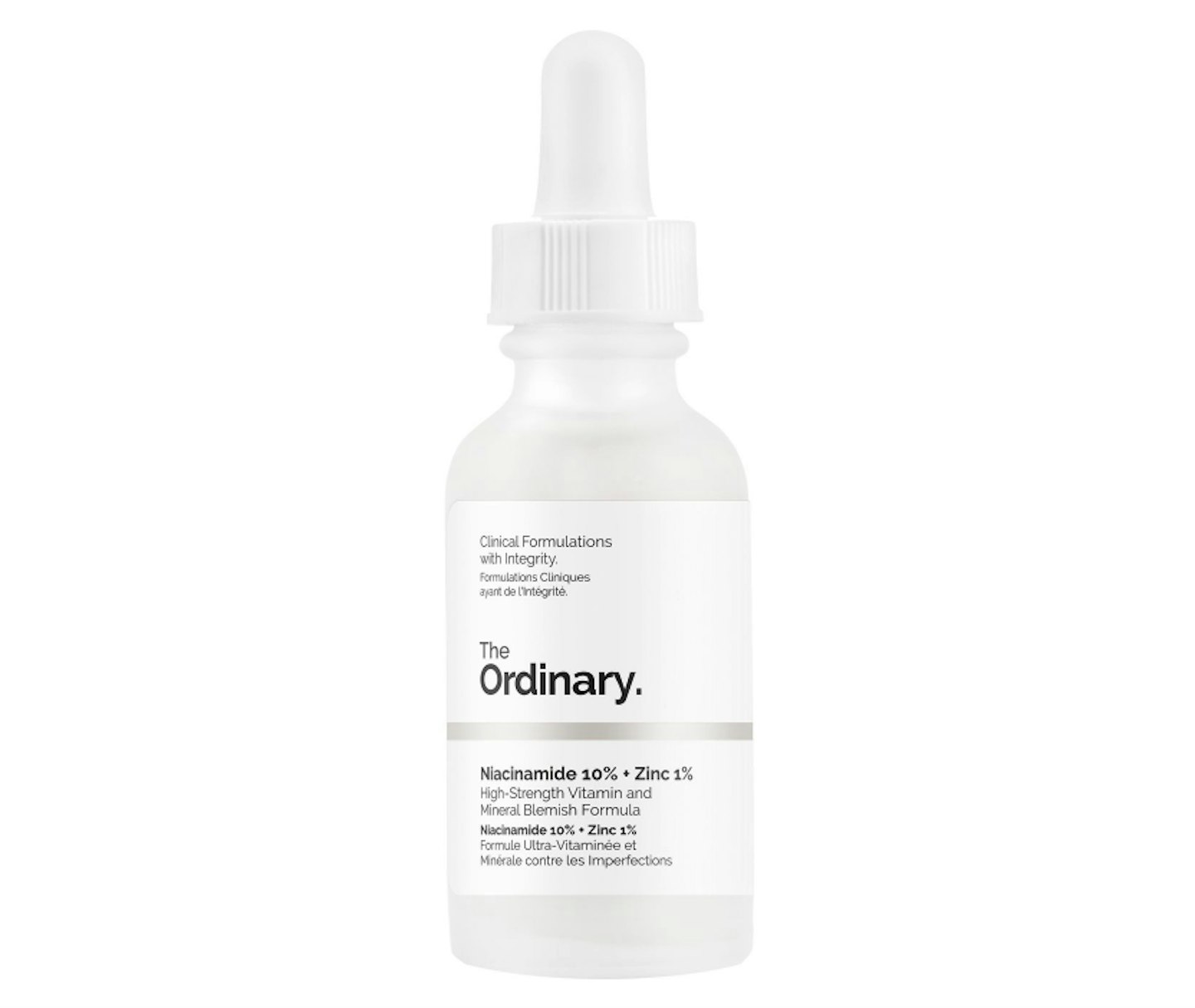 1 of 6
1 of 6The Ordinary Niacinamide 10% + Zinc 1%, £5
 2 of 6
2 of 6Paula’s Choice Omega+ Complex Cleansing Balm, £25
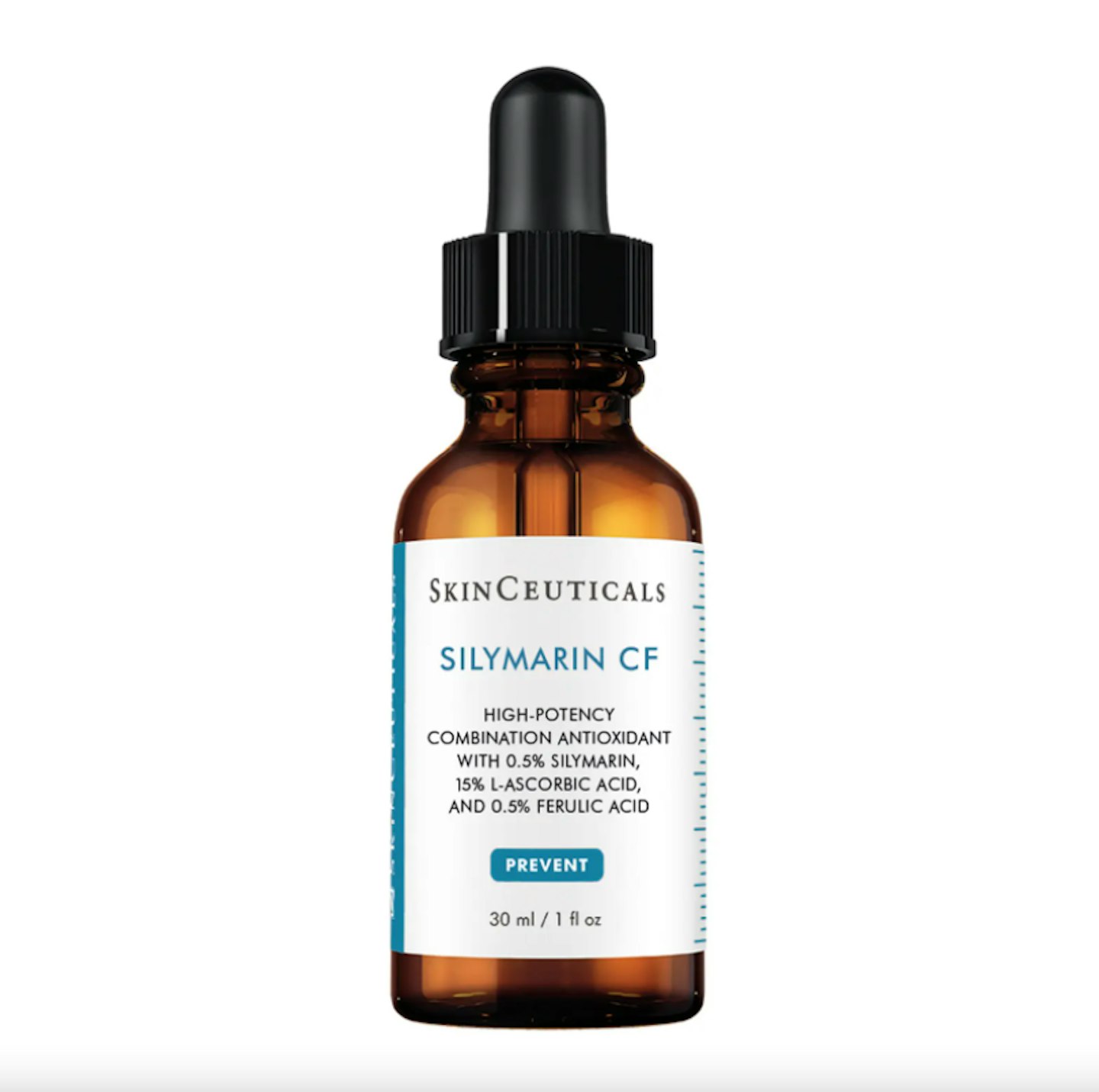 3 of 6
3 of 6Skinceuticals Silymarin CF, £145
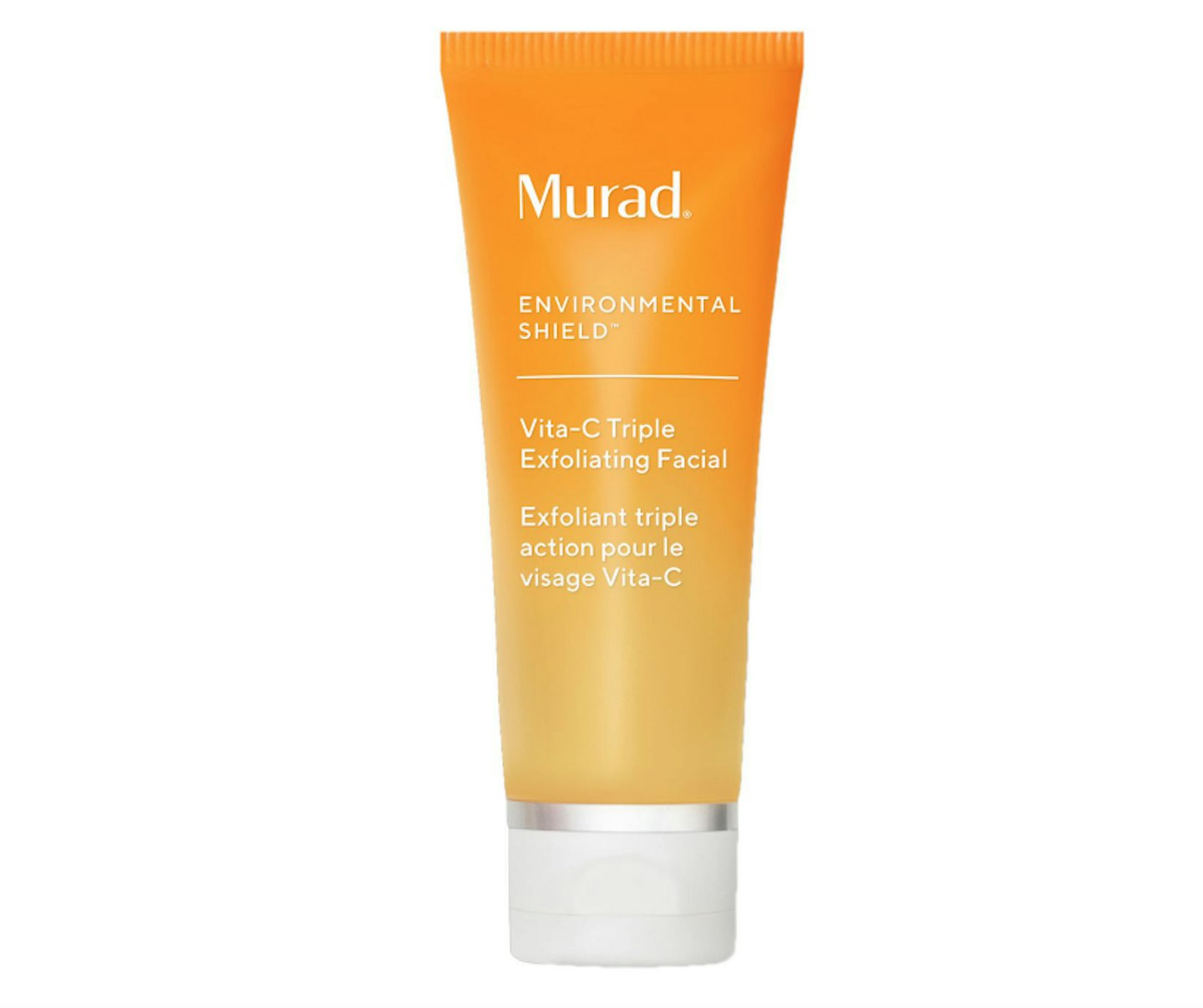 4 of 6
4 of 6Murad Vita-C Triple Exfoliating Facial, £67
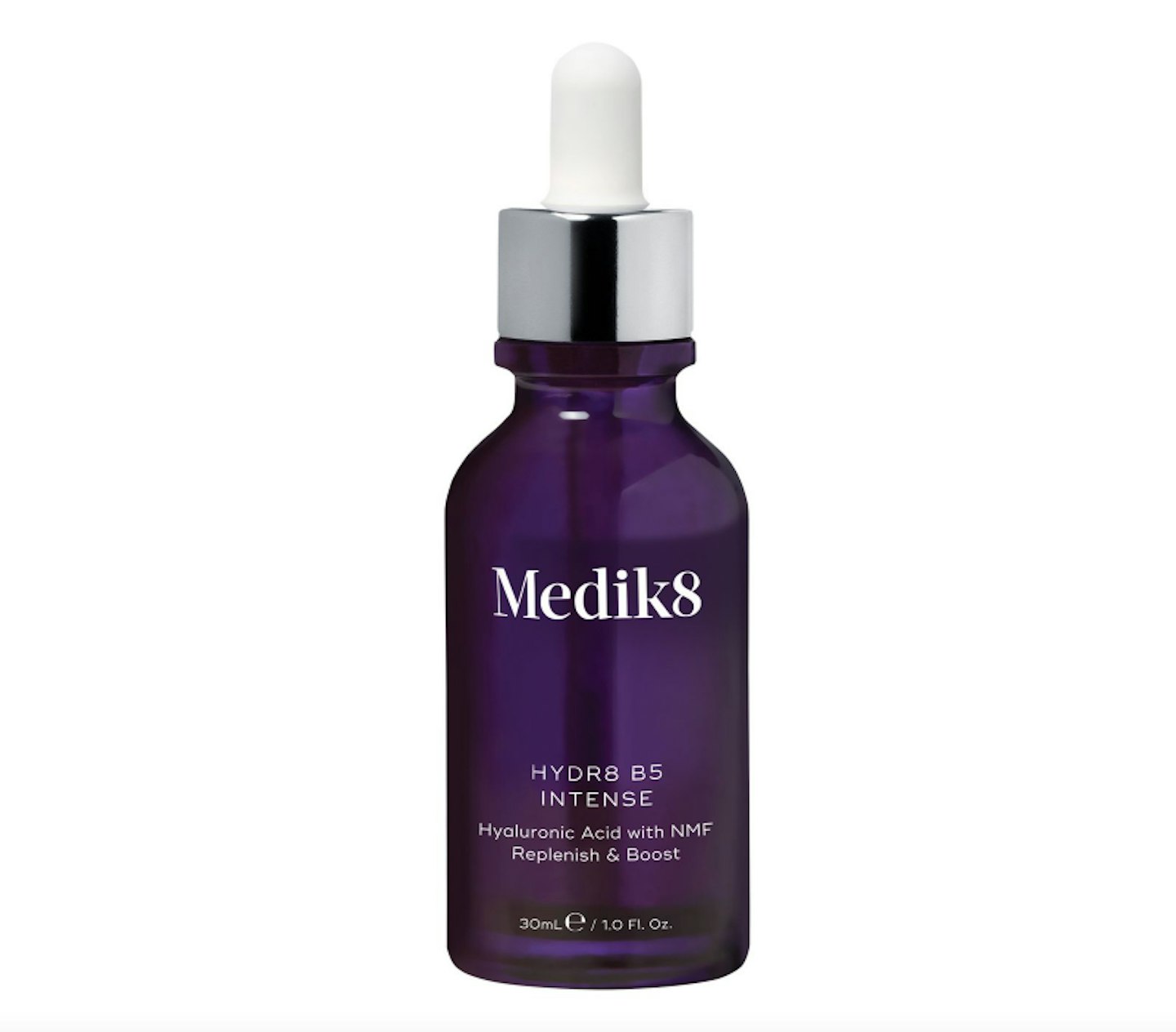 5 of 6
5 of 6Medik8 Hydr8 B5 Intense, £55
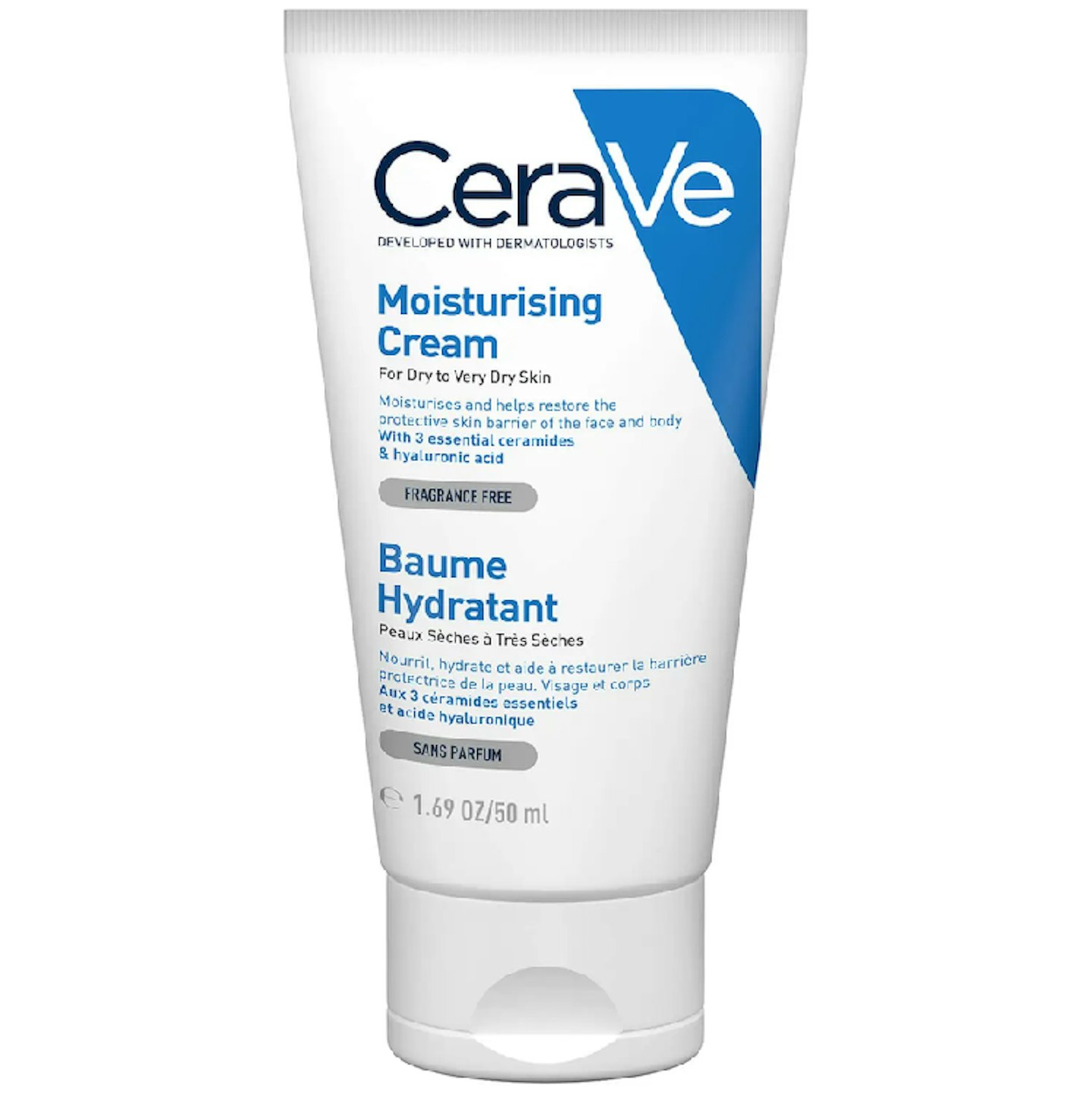 6 of 6
6 of 6CeraVe Moisturising Cream, £5
'A few of my favourites include CeraVe, Murad, Biossance, U beauty, Sanex, ZO, Obagi, Olay, Dermaquest, The Inkey list, Eucerin and Shiseido,' says Dr Ejikeme. 'There are so many brands I love I could go on all day.'
"What Is Combination Skin?"
'Combination is normal skin that, on the whole, has very few problems. It is not too oily and not too dry. There may, however, be a slightly oilier T-zone affecting the forehead, nose and chin.'
"What Is AHA In Skin Care?"
'AHAs are a group of natural acids often found in food and are commonly used agents in skincare. They include glycolic acid (found in sugar cane), lactic acid (from milk) and malic acid (found in fruit, especially apples), although there are others. They work by breaking down the ‘glue’ that holds together surface skin cells. Glycolic acid also has extra benefits and with continued use will help fine lines, wrinkles and oily skin. For best results, choose skincare products that can be left on overnight (e.g. Pixi Glow Tonic or Peter Thomas Roth Glycolic Acid 10% Toning Complex),' advises Dr Mahto.
Dermatologist-Approved AHAs
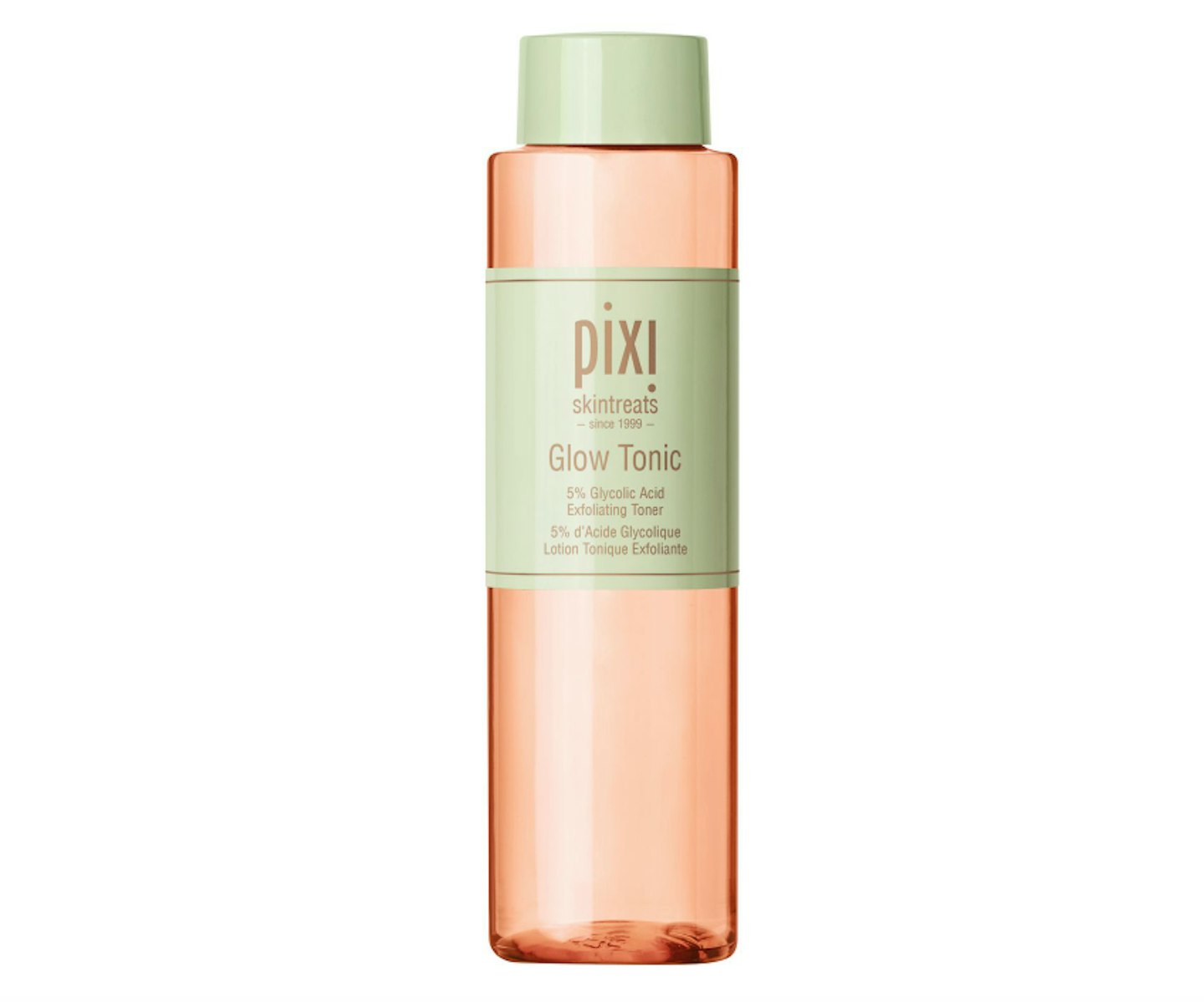 1 of 2
1 of 2PIXI Glow Tonic, £18
 2 of 2
2 of 2Peter Thomas Roth 10% Glycolic Solutions Moisturizer, £38.50
"What Does Toner Do For Your Face?"
'Toner has had much popularity over the years and is often used to clean the skin and reduce apparent pore size. Toners are usually alcohol-based and can be used on oily or acne-prone skin. It is usually used after cleansing rather than as a stand alone product. The alcohol content can sometimes result in dryness and irritation so should be used with caution,' says Dr Mahto.
"What Does Hyaluronic Acid Do?"
'Hyaluronic acid is a common agent used in skincare which functions as a humectant – it has the ability to bind 1,000 times its own weight in water. Humectants are key in maintaining skin hydration; they act by attracting and chemically binding water in the skin. They have the ability to temporarily plump the skin and improve fine lines and wrinkles.'
'Hyaluronic acid belongs to a group of compounds known as glycosaminoglycans, and also forms part of the skin’s framework. It is essentially a very large sugar molecule with a gel-like consistency. Its purpose in skin is to keep it soft, plump and hydrated. Hyaluronic acid is a popular constituent in skincare due to its moisturising properties; it can also be injected into, or under, the skin in the form of dermal fillers.'
"What Does Glycolic Acid Do?"
'Glycolic acid is derived from sugar cane and has important skin-lightening effects. It comes in varying strengths and there are multiple over-the-counter creams, cleansers and toners, usually containing 4–10 percent glycolic acid; these include Pixi Glow Tonic Exfoliating Toner, Vichy Idealia Peeling, Jan Marini Bioglycolic Face Cleanser and Neostrata Foaming Glycolic Wash.'
'Glycolic acid can also be used as a medical-grade chemical peel, only available in clinic, in higher concentrations of 30–70 percent. It should ideally be started at low concentrations and built up to avoid skin irritation, particularly in pigmented skin. Glycolic acid works well in combination with hydroquinone as the acid enhances hydroquinone penetration through the skin layers.'
"What Does Lactic Acid Do?"
'Lactic Acid is a hydrating exfoliating acid', says Dr Ejikeme. 'It's really good for sensitive skin types'.
Dr Mahto continues, 'it's a natural acid derived from milk. It works by breaking down the ‘glue’ that holds together surface skin cells and is a common chemical exfoliant - or AHA.'
"How To Dermaplane"
'Dermaplaning is a safe skin treatment but it should be avoided in those with acne or pigmentation problems as there’s a risk it could make the problem worse. Sensitive skin types may not tolerate the procedure well, and those with inflammatory skin conditions such as rosacea, eczema and psoriasis should avoid treatment.'
"How To Get Rid Of Acne?"
'Acne involves the pilosebaceous unit of the skin. This consists of a hair follicle and its associated sebaceous or oil gland. Blockage or inflammation of the pilosebaceous units will result in acne. Oil glands are found in highest density on the face, back and chest and these are therefore the commonest sites of acne development.'
'Most of us will try to manage our spots with products available over the counter rather than go straight to a dermatologist. Using the right types of formulations and ingredients is key.'
'Firstly, stay away from using facial oils, cleansers and thick creamy textures in products. Stick to light or gel-like formulations. Ideally the product should be labelled as ‘non- comedogenic’; whilst this is not a guarantee the product will not make you break out, it is better than a product that is not labelled at all! Look for ingredients such as:'
• salicylic acid
• glycolic acid
• zinc
• tea tree oil
• benzoyl peroxide
• niacinamide
• lactobionic acid
• retinol
• retinyl palmitate
'If these products fail to control acne after a few weeks of use, it is time to seek advice from either your family doctor or dermatologist.'
"What Does Vitamin C Do For Your Skin?"
'Vitamin C has a number of well-recognised effects in the skin; it is a true multi-purpose ingredient. Firstly, it will aid collagen synthesis. Collagen is the main protein of the skin giving it support. Vitamin C is an essential cofactor for collagen production and regular use after 6 months can help reduce the appearance of fine lines.'
'Many people are unaware that for skin benefits, more can be achieved using vitamin C topically rather than relying on dietary intake alone. Continued use of vitamin C over 8 weeks can also help fade dark marks on the skin.'
The best vitamin C serums
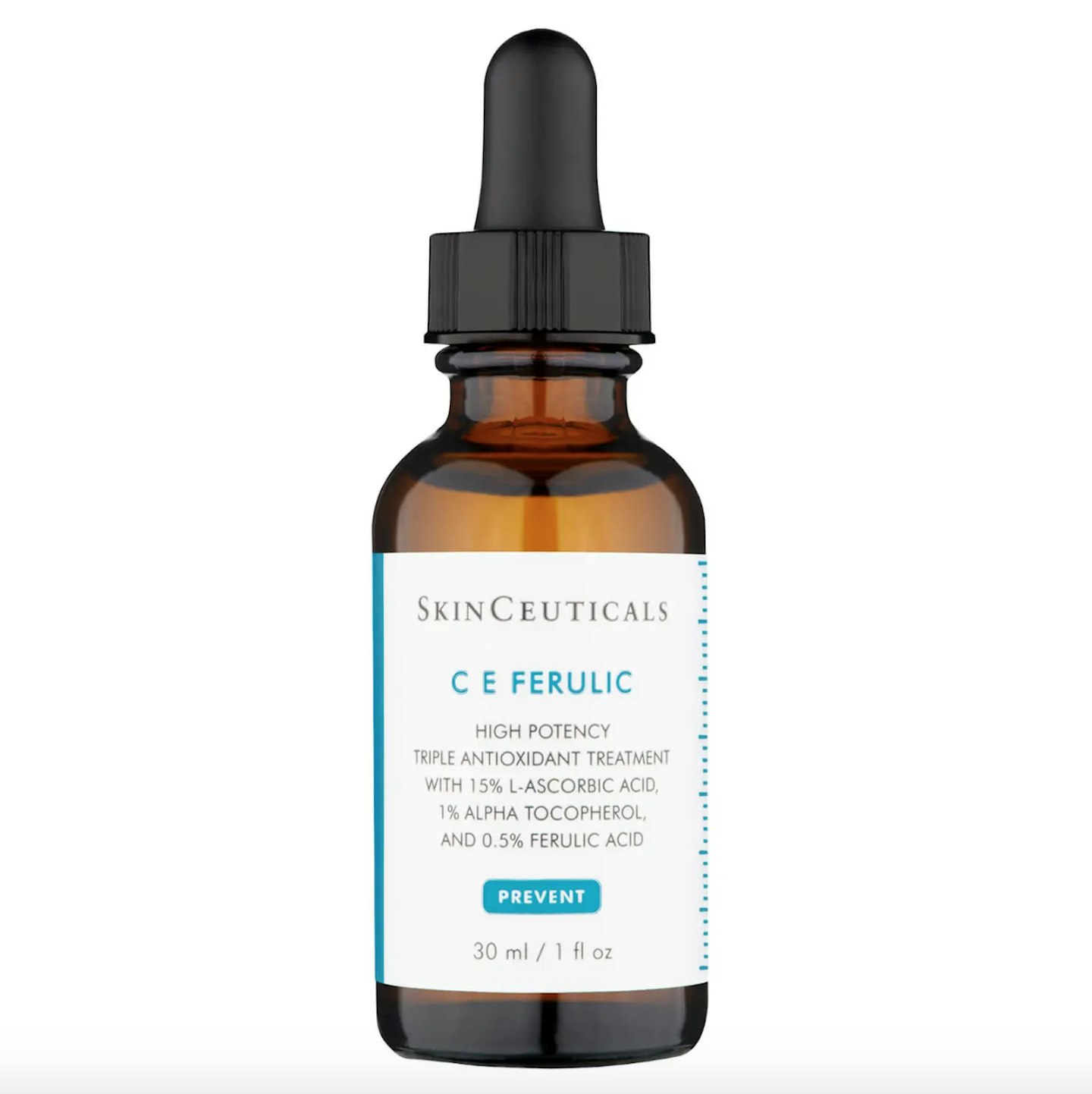 1 of 4
1 of 4SkinCeuticals C E Ferulic Antioxidant Vitamin C Serum, £140
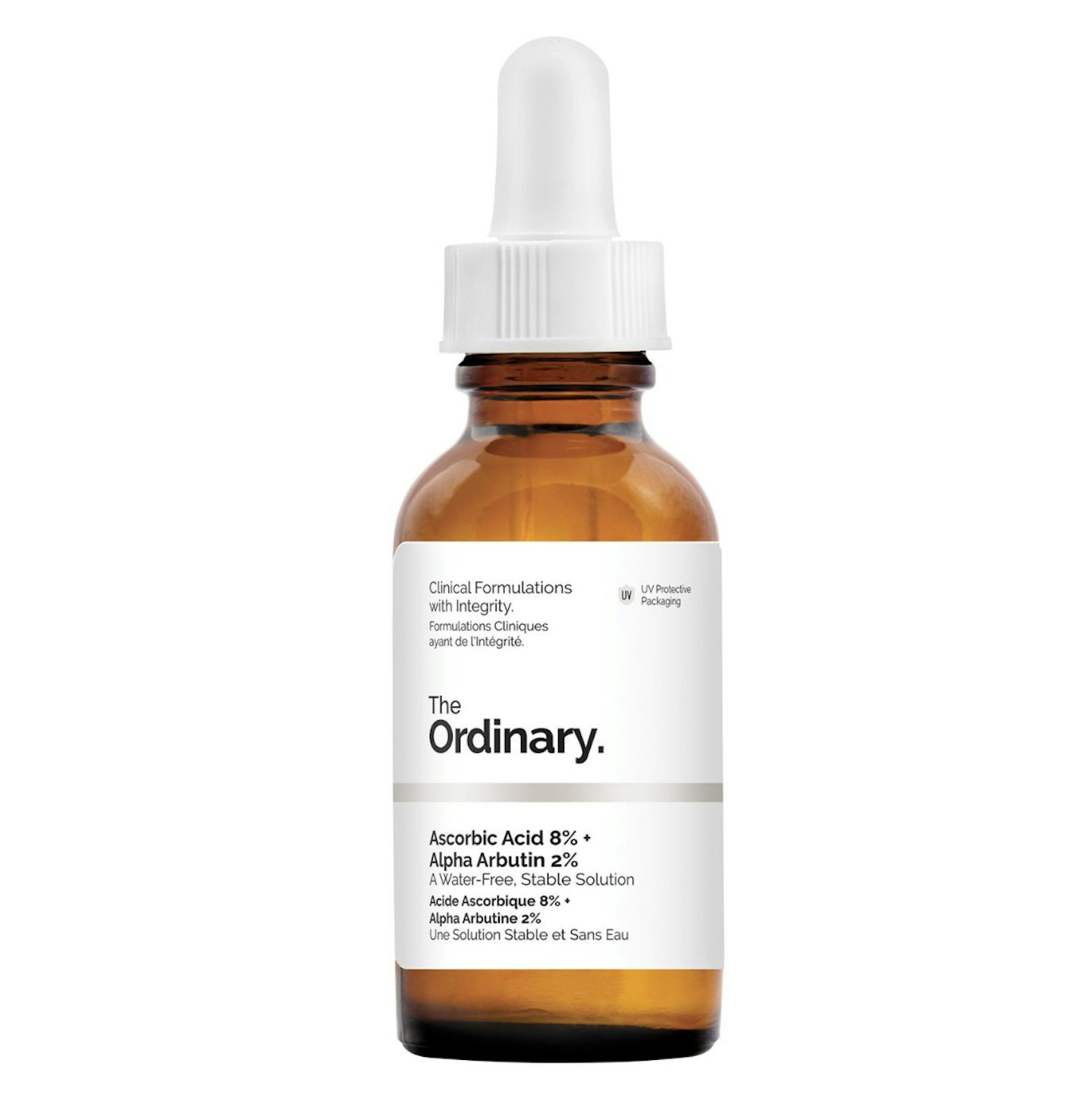 2 of 4
2 of 4The Ordinary Ascorbic Acid 8% + Alpha Arbutin 2%, £10
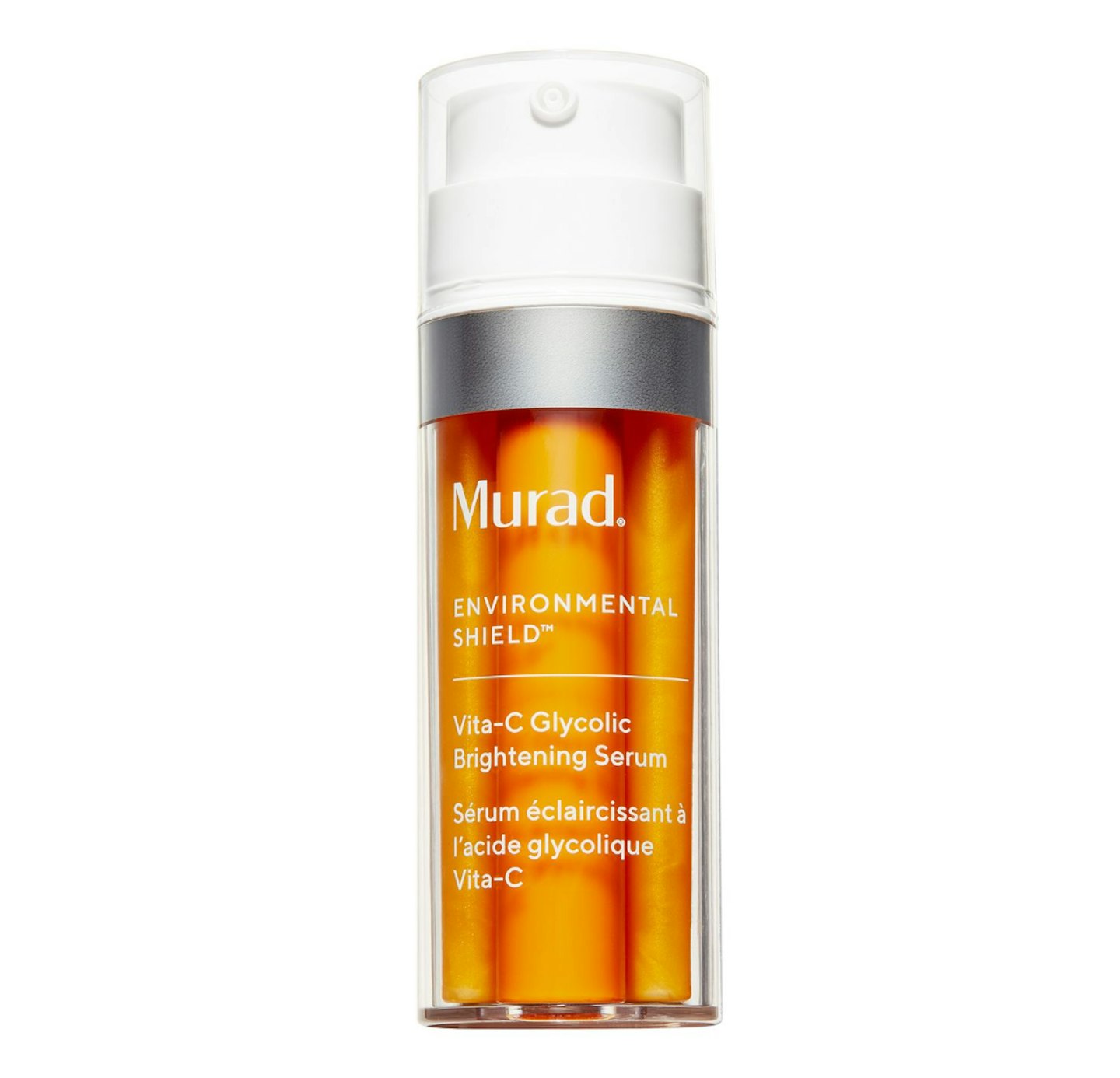 3 of 4
3 of 4Murad Vita-C Glycolic Brightening Serum, £72
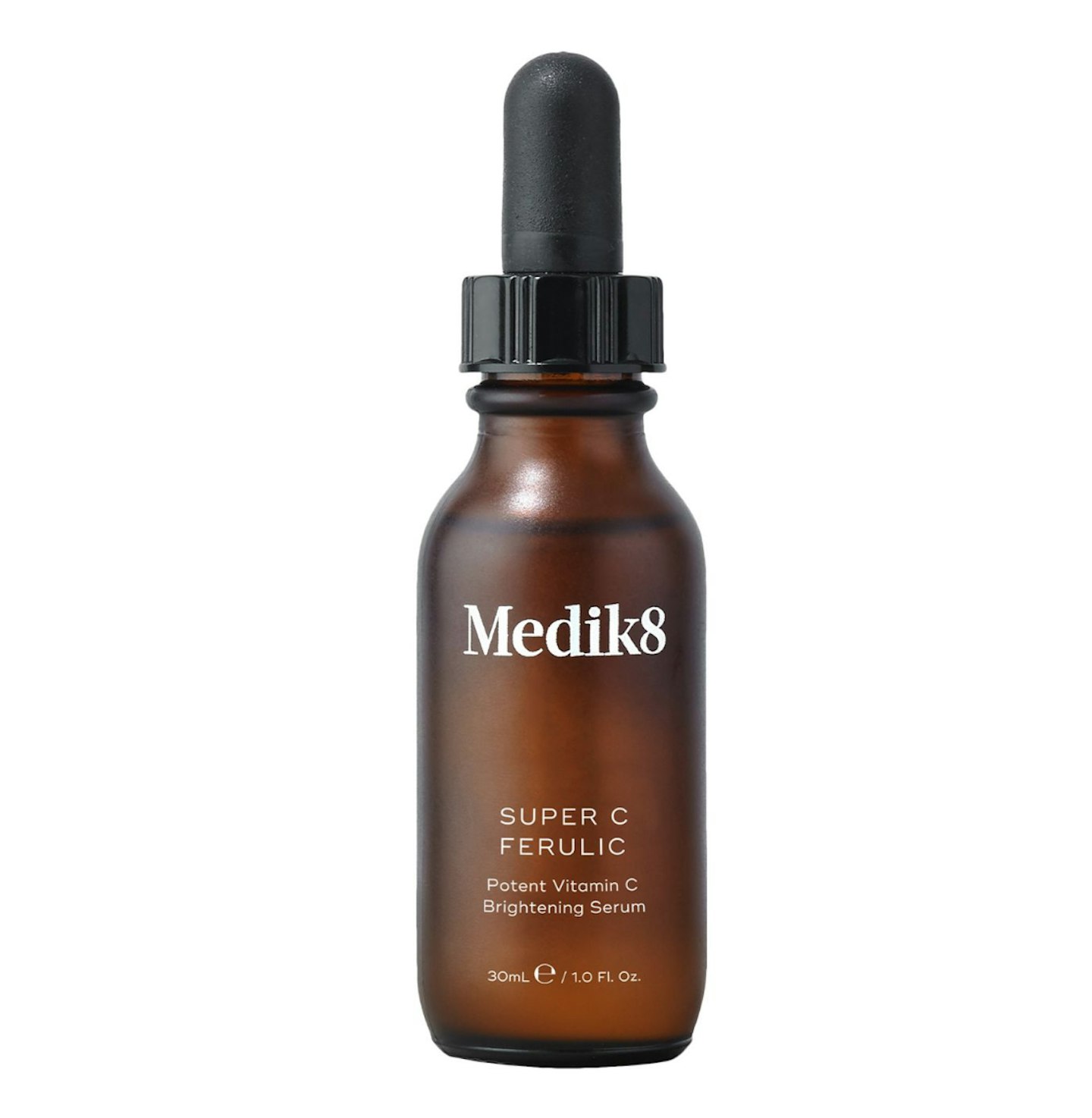 4 of 4
4 of 4Medik8 Super C Ferulic, £59
'Vitamin C is such a super ingredient,' says Dr Ejikeme. 'It's an antioxidant which means it's able to neutralise free radicals, support the barrier function of the skin and boost collagen, but it can also be helpful with mild pigmentation and when used with an SPF, it can increase your protection from the sun.' Clever.
"How To Build A Skincare Routine?"
'To see long-term benefits for your skin it is important to stick to a skincare routine. The below is an example of a general skincare routine, but if you have a specific skin care concern, it’s worth speaking to a Consultant Dermatologist to ensure your skincare regime is working towards that concern,' advises Dr Mahto.
Morning routine:
Cleanse:
'The first step of the morning skincare routine is cleansing. This removes any actives applied overnight and creates a fresh base for other products to then be applied. Oily and blemish-prone skin types can benefit from foaming cleansers whilst those with dry, sensitive or mature skin may prefer to opt for a cream cleanser.'
Serums:
'After cleansing, apply a few drops of antioxidant serum e.g. vitamin C or hyaluronic acid.'
Moisturiser:
'Once the serum has been applied, for those with normal, sensitive or dry skin types will benefit from a moisturiser to help smooth out the surface appearance of the skin, prevent water loss from the skin surface, and improve the barrier function of the skin.'
SPF:
'Finally, broad-spectrum sunscreen, ideally SPF 30-50 with UVA and UVB protection should be applied to the skin; aim for half a teaspoon to the face and neck. It is better to use a separate sunscreen rather than SPF in your moisturiser as it offers greater protection from the sun. Many sunscreens come in a moisturising base and those with oily or acneic skin may wish to skip moisturiser and apply the sunscreen directly after their antioxidant serum.'
Evening routine:
Cleanse:
'The first part of your nighttime skincare routine should be to remove make-up and sunscreen and I find the easiest way to do this is with a micellar water although other options such as cleansing balms exist. The key is to ensure you are “double cleansing” to remove all the products applied during the day.'
'After make-up has been removed then I would suggest using a facial cleanser, similar to the morning format. Oily skins may prefer a foaming cleanser where dry skin types may want to opt for a cream cleanser instead. The second cleanse will remove any dirt, sweat, bacteria or grime the skin has come into contact with during the day as well as residual skincare products.'
Serums:
'Once the skin is clean it means it is prepared for the next steps. Using a vitamin A or retinoid based cream at night to the face can then help with tackling the signs of premature skin ageing such as fine lines, wrinkles, and pigmentation. Retinoids will boost collagen production and improve skin cell turnover improving overall skin tone.'
Moisturiser:
'Fifteen to twenty minutes after applying the vitamin A product, using a simple fragrance-free moisturiser to the skin can be of benefit. Vitamin A can irritate the skin leading to dryness, sensitivity and flaking. Using a moisturiser afterwards can help reduce these symptoms and improve tolerability.'
"What Order To Do Skincare?"
'Serums should be layered under moisturisers as often it is best to go from “thinnest to thickest” to aid absorption; however, this is not a hard and fast rule as there are very few clinical studies which actually look at what order of products is best.'
READ MORE: Facial Acupuncture Made Me Re-Schedule My Botox Appointment
